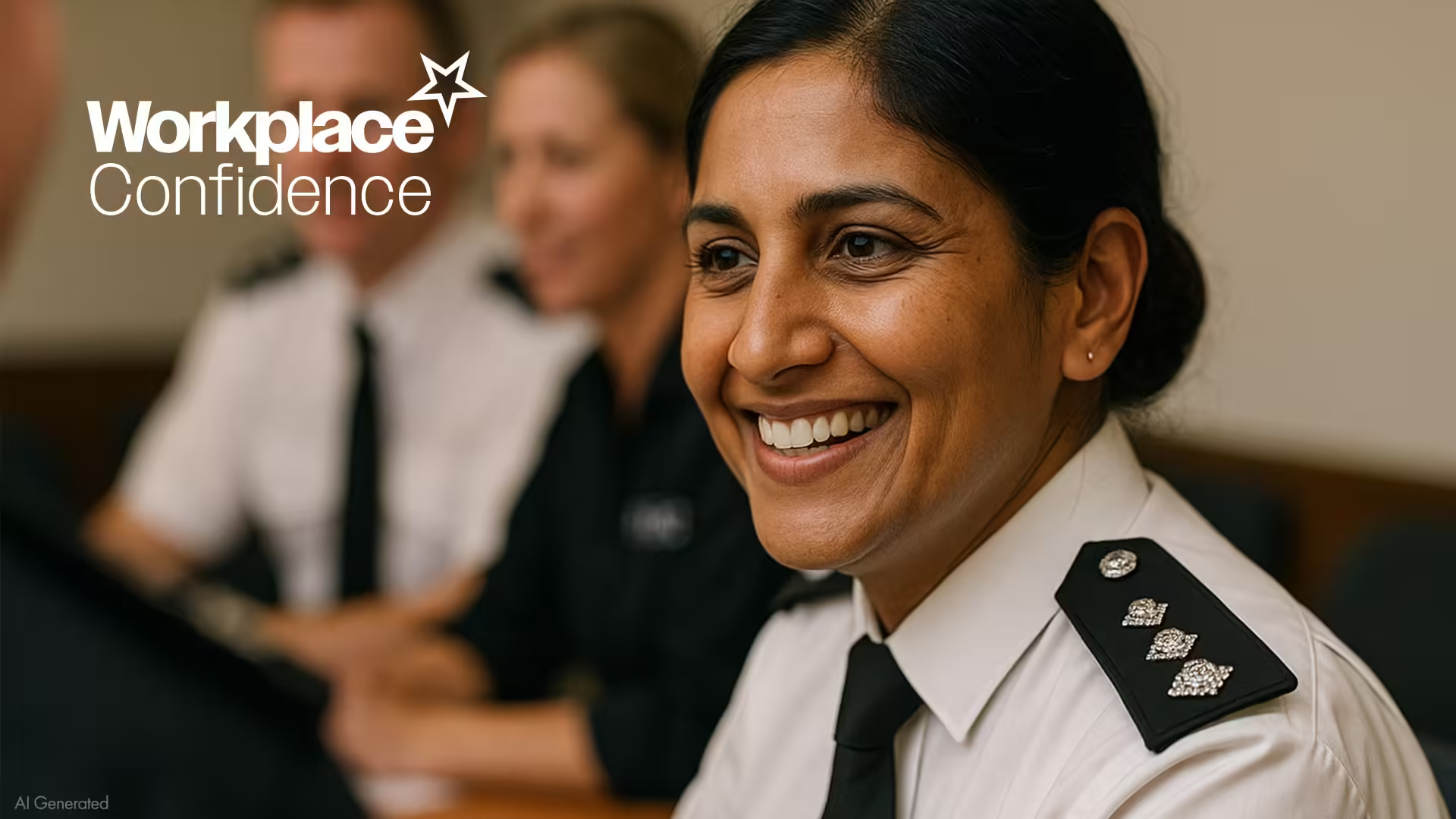
Making space for real confidence at work
Making space for real confidence at work. In a confidence workshop this week, I was asked a question that comes up again and again:
"Do women struggle more with confidence, or are men just less likely to admit it?"
On the face of it, yes, women are more likely to talk about feelings, while men stereotypically don’t.
But the long answer isn't quite so simple.
I'd argue that when it comes to confidence, it’s not about chromosomes. It’s about the messages we absorb from a young age, subtle ones that shape how we see ourselves and how others see us.
Boys first, girls second
For me, it started in primary school. Every morning, when taking the register, the teacher read out the boys' names first. Then the girls’. At the time, it felt normal. But it landed: boys came first. We came second.
That’s how it begins, not with big, dramatic moments but with small, repeated signals. Over time, you start to think maybe your voice matters a bit less.
Even though girls do better at school, that early confidence doesn’t always follow them into work. Cue the gender pay gap. Cue the lack of women in top roles. Cue the need to prove what men are often assumed to have: competence.
Want to go deeper?
I always recommend The Authority Gap by Mary Ann Sieghart. It lays out the evidence if you need convincing - or if someone else does!
Confidence, here’s the bit we often miss:
Confidence and self-esteem are not the same thing.
- Confidence is what you do - speaking up, stepping forward, trying something new.
- Self-esteem is what you believe about your worth, your voice and your place in the world.
Women often do confidence well. But years of being doubted, interrupted or overlooked can take a toll on self-esteem. That’s not a personal failing. It’s the cost of swimming against the current.

Bit Famous works with businesses and organisations to help them communicate with confidence.
By Penny Haslam
MD and Founder - Bit Famous
FREE resources for leaders and people professionals from Penny Haslam and Bit Famous
Share this page
Where people professionals share the great work they do!

How do you build confidence?
Confidence doesn’t just appear out of nowhere. It’s built, sometimes slowly, sometimes shakily, through action, reflection and support. Here’s how you can help yourself and how leaders can help others too.
If you’re trying to build your own confidence
- Spot the pattern: If you feel like you’re being doubted more than others, you probably are. It’s not in your head. Noticing the pattern helps you stop blaming yourself and start questioning the system around you.
- Collect the evidence: Write down your wins, big and small. What did you do? What did you influence? Keeping a ‘brag book’ or even a note on your phone helps you build a bank of belief to draw on when self-doubt creeps in.
- Act before you feel ready: Confidence often follows action, not the other way around. If you’re waiting to feel 100% ready, you might be waiting forever. Back yourself. Take the step. You’ll build confidence as you go.
If you’re in a position to lead
- Stop rewarding style over substance: Confident delivery doesn’t always mean good ideas. Look beyond polish. Notice the quieter contributions, the thoughtful pauses and the content behind the performance.
- Make room for different voices: Not everyone leads with volume. Create space in meetings for those who don’t naturally dominate the conversation. Ask for input in different ways and genuinely listen.
- Show it’s OK not to know: If you’re a leader, showing vulnerability permits others to do the same. Say, “I don’t have the answer yet, what do you think?” and open the door for more honest dialogue.
Let’s change how we talk about confidence
We need to stop treating workplace confidence like a fixed personality trait and start treating it as a people problem, something we can all work to resolve.
So let’s:
- Back people up when they speak: Don’t let good points hang in the air. Reinforce them. Echo them. Let others know they’ve been heard.
- Give credit where it’s due: Notice who gets recognised - and who gets overlooked. A simple “That was their idea” goes a long way.
- Challenge the image of a ‘leader’: Leadership doesn’t have to look a certain way. Be curious about your assumptions.
- Create space for real talk: Confidence isn’t about pretending. It’s about knowing you can speak openly — doubts and all — and still be taken seriously.
And if your confidence has taken a knock?
You’re not broken. You’re normal. Probably overdue a bit of encouragement.












